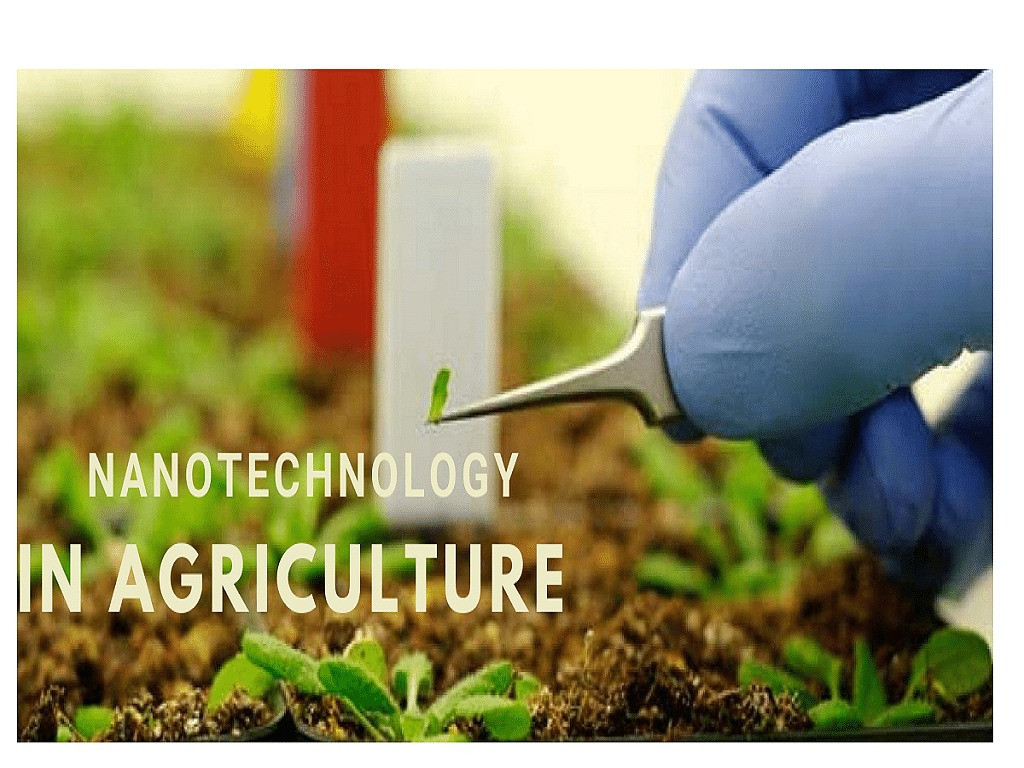
The continued growth of the global population poses ever-increasing food demands and unprecedented challenges in agriculture, including increasing the efficiency of natural inputs (fertilizers and seeds), reducing negative impacts during crop production (soil degradation and chemical pollution), and improving farming efficiency while minimizing waste generation.
In this context, sustainable farming techniques using nanotechnology, or the application of nanotechnology in agriculture, are revolutionizing the way we grow food and raise livestock. By harnessing the power of nanotechnology, farmers can improve crop yields, reduce the use of pesticides and fertilizers, and promote sustainable farming practices. These advanced techniques are paving the way for a more efficient and environmentally friendly agriculture.
One of the key benefits of nano-farming is the ability to enhance nutrient delivery to plants. Nanoparticles can be used to “encapsulate” and deliver essential nutrients directly to plant cells, ensuring that they are absorbed efficiently.
This targeted approach not only reduces the amount of fertilizer needed, but also minimizes nutrient runoff that can pollute water supplies.
By optimizing nutrient uptake, nano farming helps plants grow healthier, ultimately leading to higher crop yields.
Nanofarming also offers solutions for pest management. Nanoparticles can be designed to release pesticides or antimicrobials in a controlled manner, effectively targeting pests and pathogens while minimizing negative impacts on beneficial organisms.
This approach reduces the overall use of chemical pesticides, making farming more sustainable and environmentally friendly.
Furthermore, nanotechnology can improve water management in agriculture. Nanosensors can be used to monitor soil moisture, allowing farmers to optimize irrigation practices and prevent water waste.
Additionally, nanomaterials can be applied to soil to improve water retention, reducing the need for excessive irrigation.
Sustainable nanofarming techniques hold great promise for the future of agriculture. By harnessing the power of nanotechnology, farmers can improve crop yields, reduce their environmental impact, and promote sustainable farming practices.
Although further research and development is needed, nanofarming has the potential to revolutionize the way we grow food and ensure a more sustainable future.
(according to MDPI)
Source




![[Photo] President Luong Cuong receives delegation of the Youth Committee of the Liberal Democratic Party of Japan](https://vstatic.vietnam.vn/vietnam/resource/IMAGE/2025/8/22/2632d7f5cf4f4a8e90ce5f5e1989194a)
![[Photo] Prime Minister Pham Minh Chinh chairs the conference to review the 2024-2025 school year and deploy tasks for the 2025-2026 school year.](https://vstatic.vietnam.vn/vietnam/resource/IMAGE/2025/8/22/2ca5ed79ce6a46a1ac7706a42cefafae)


![[Photo] President Luong Cuong attends special political-artistic television show "Golden Opportunity"](https://vstatic.vietnam.vn/vietnam/resource/IMAGE/2025/8/22/44ca13c28fa7476796f9aa3618ff74c4)
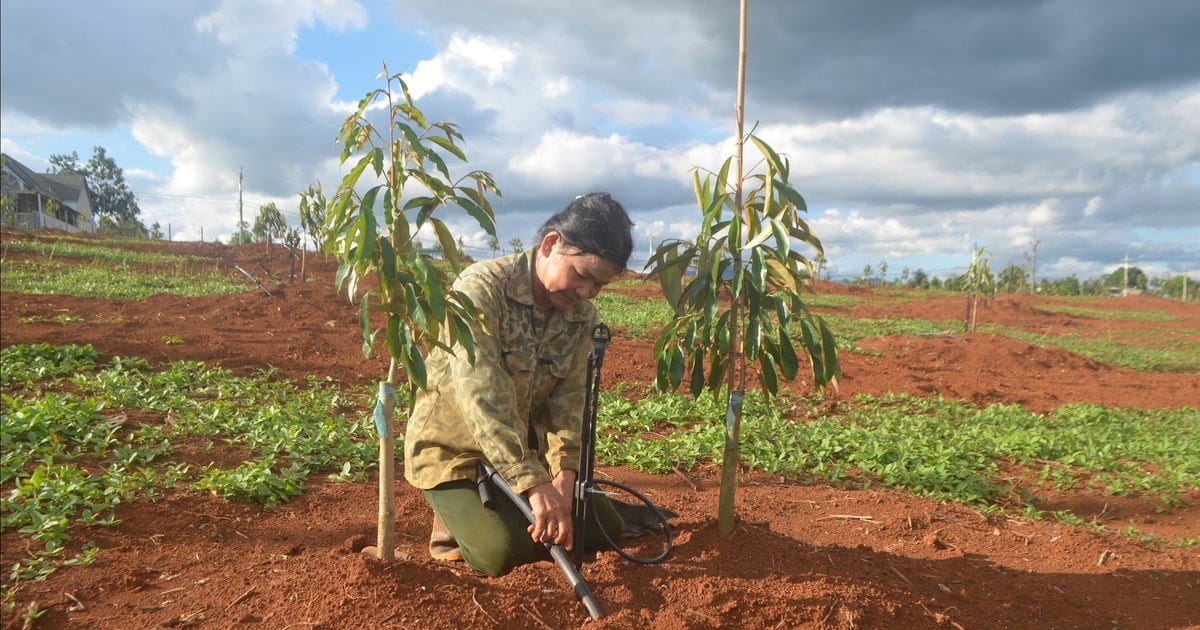

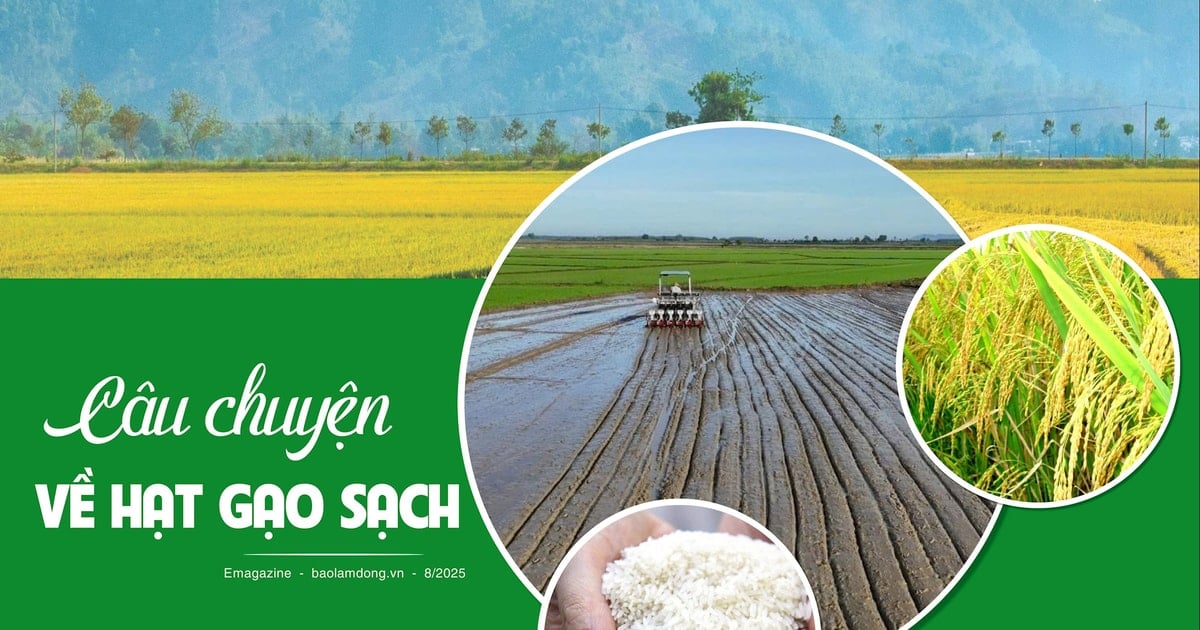
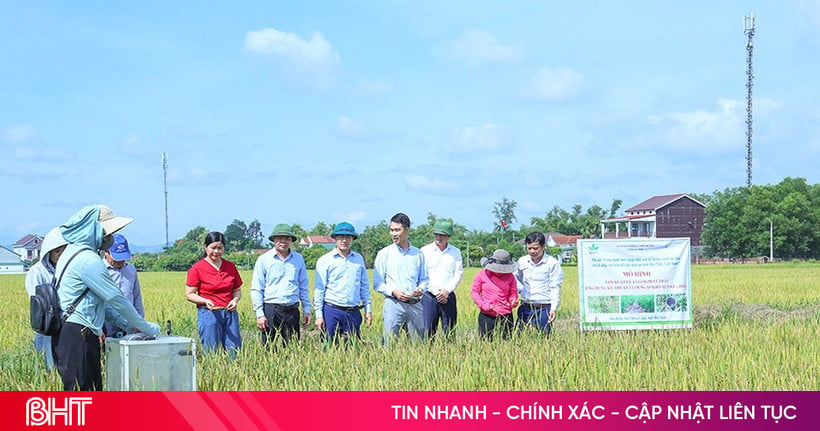

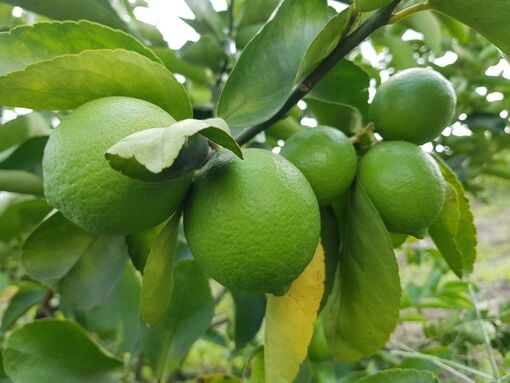

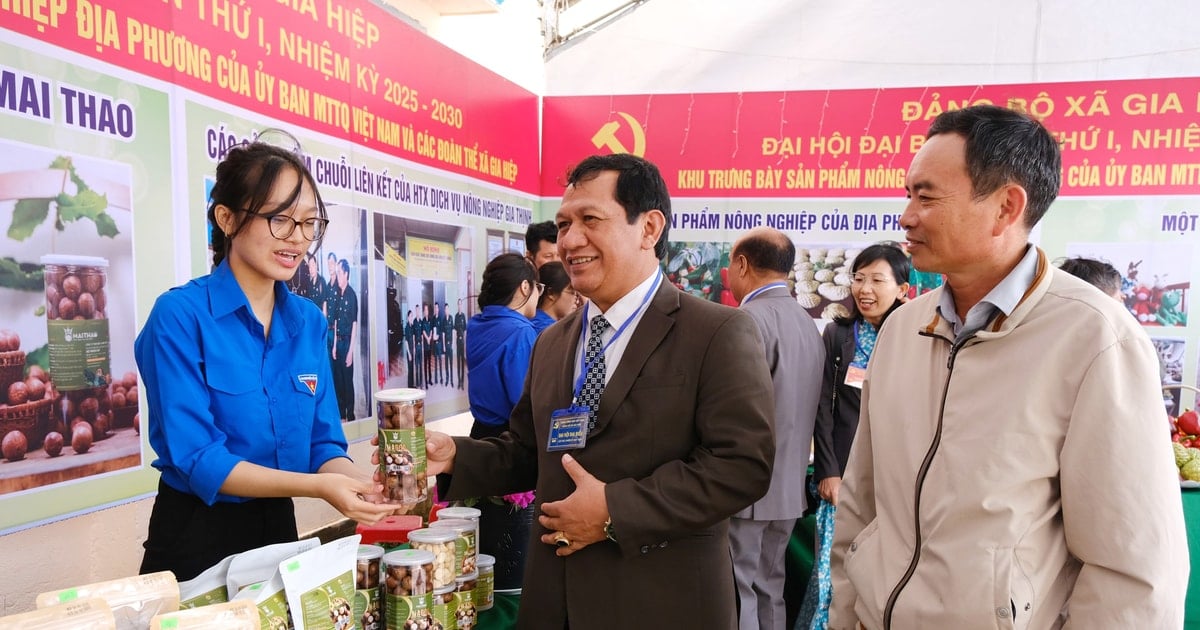
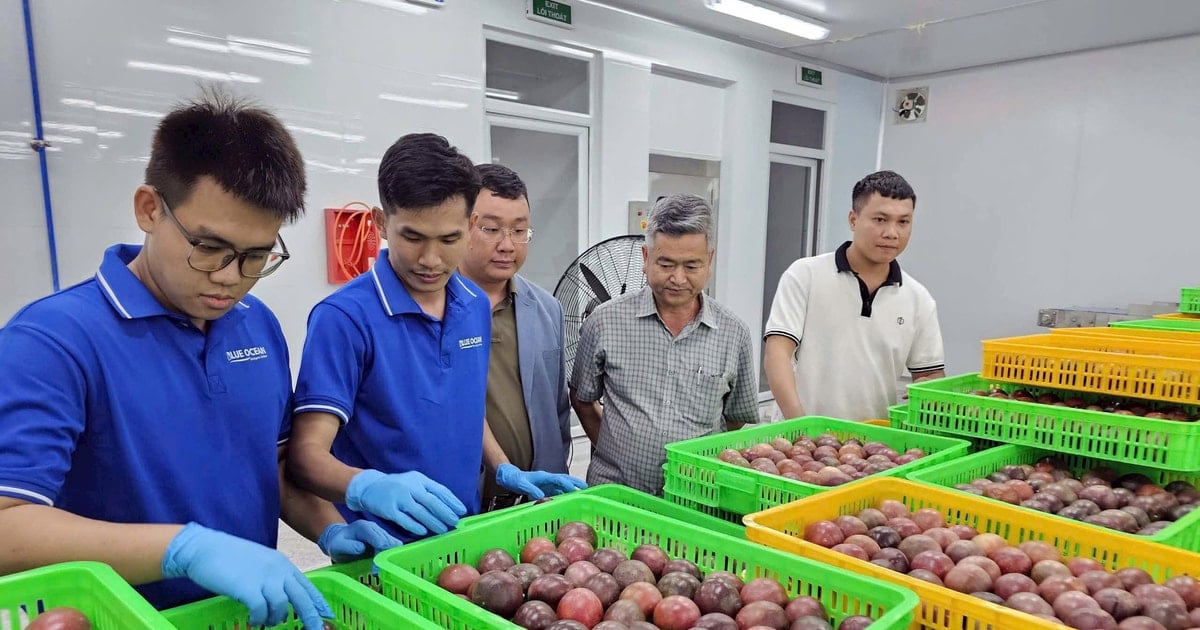




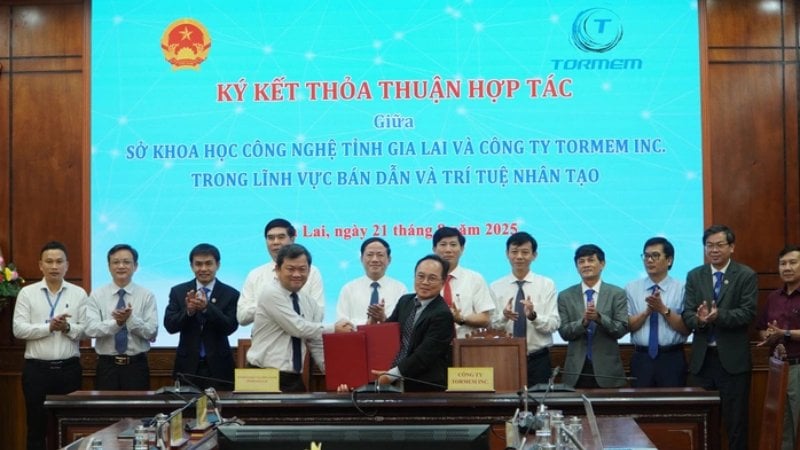
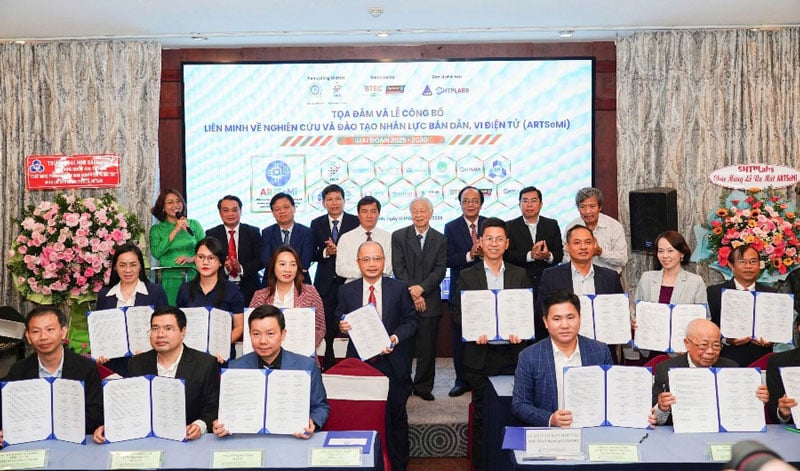
















































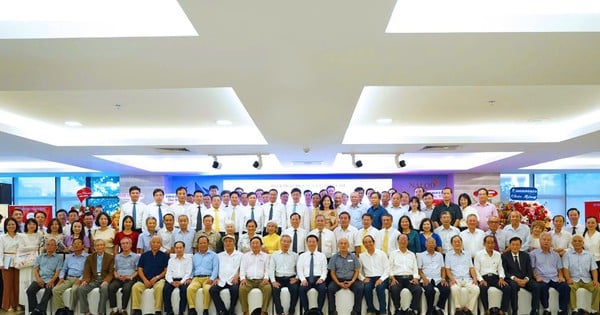

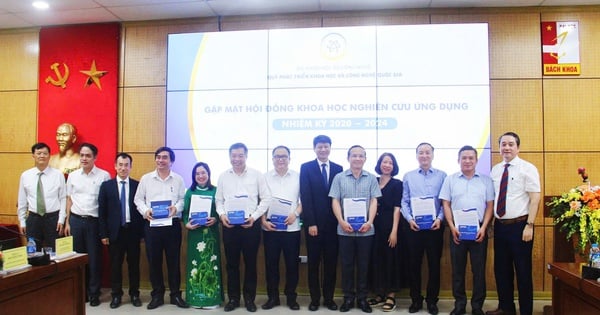





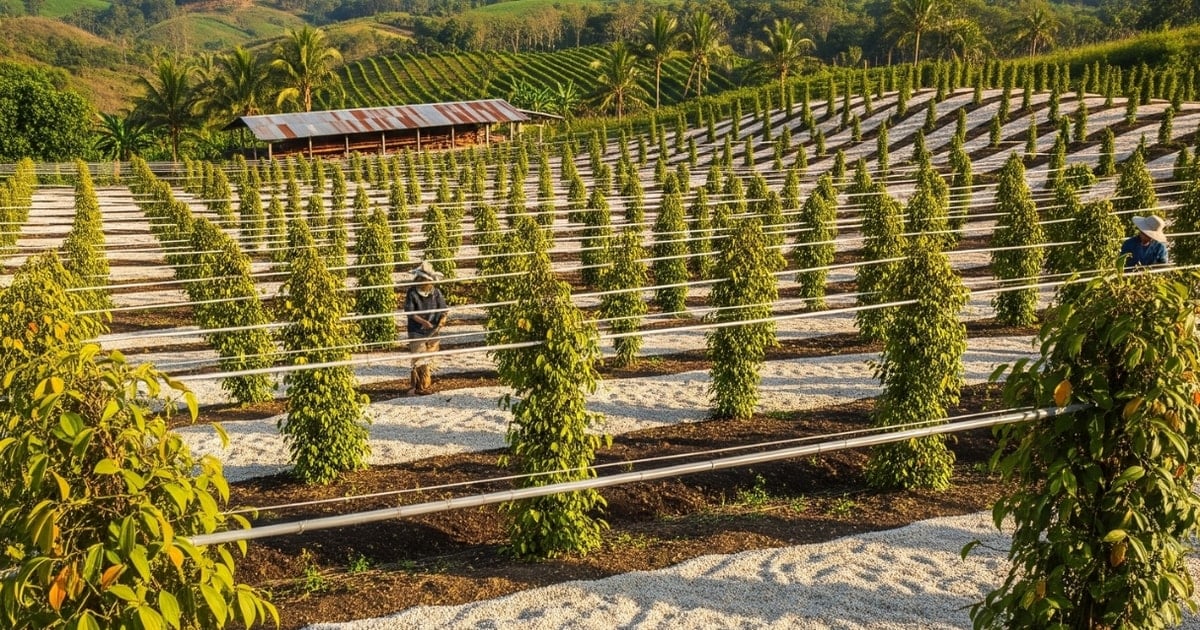

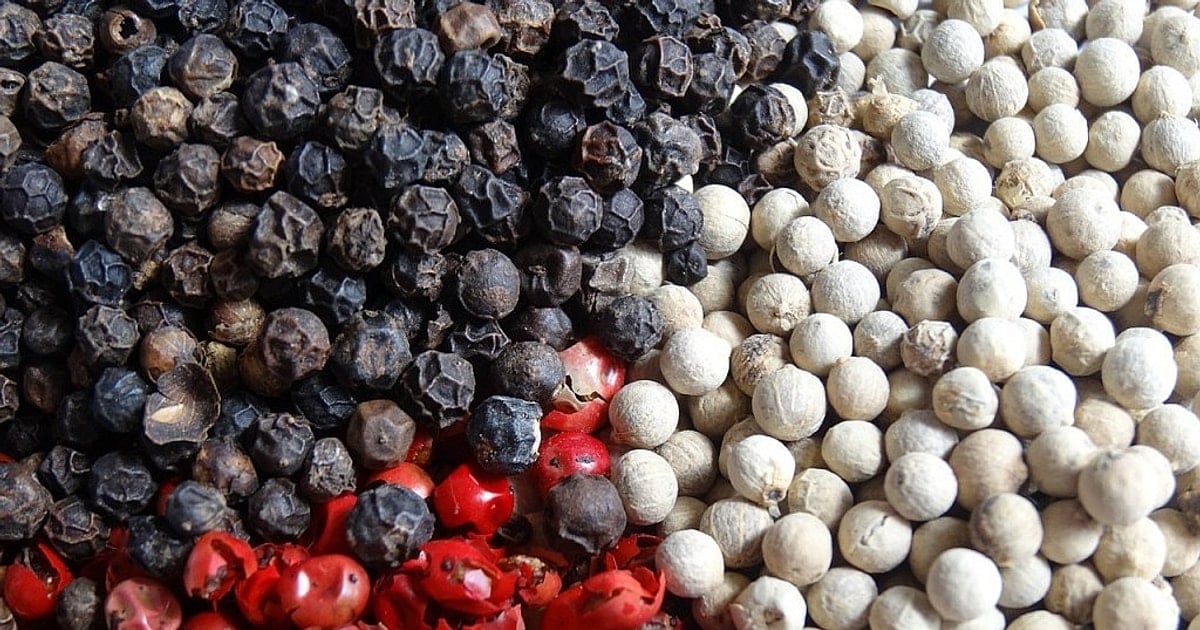

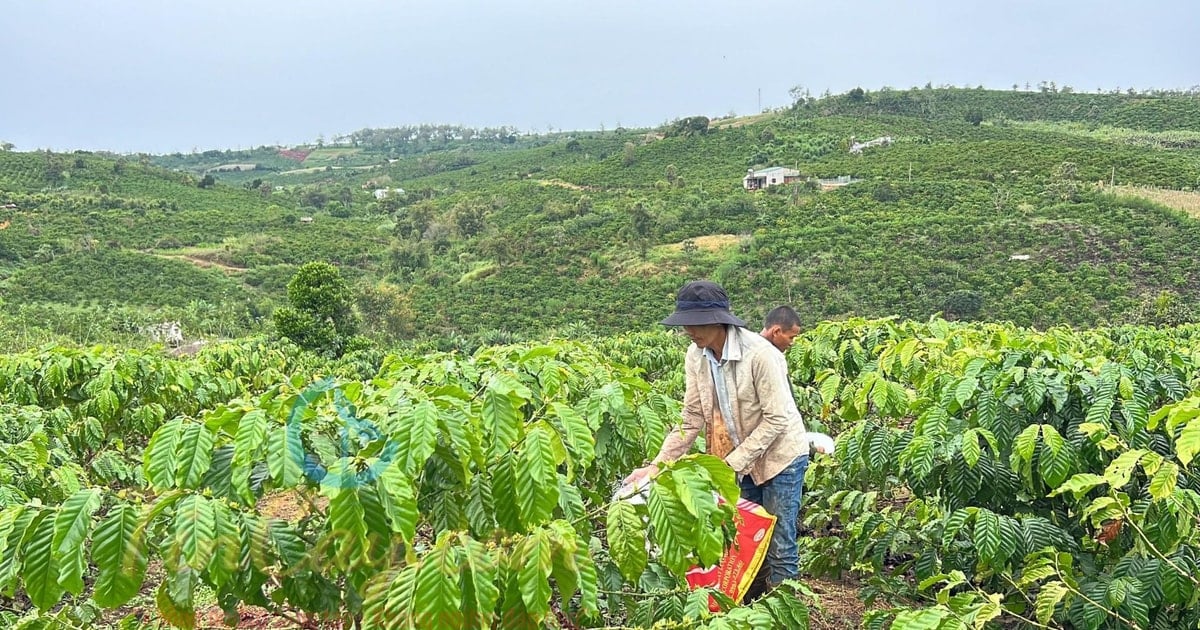
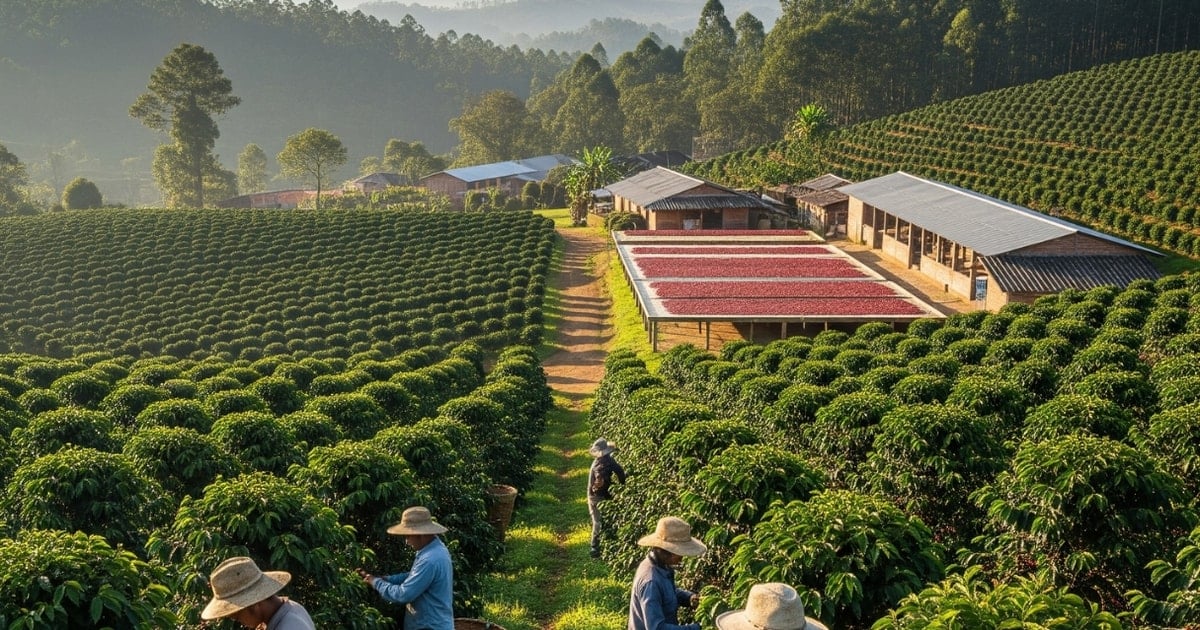
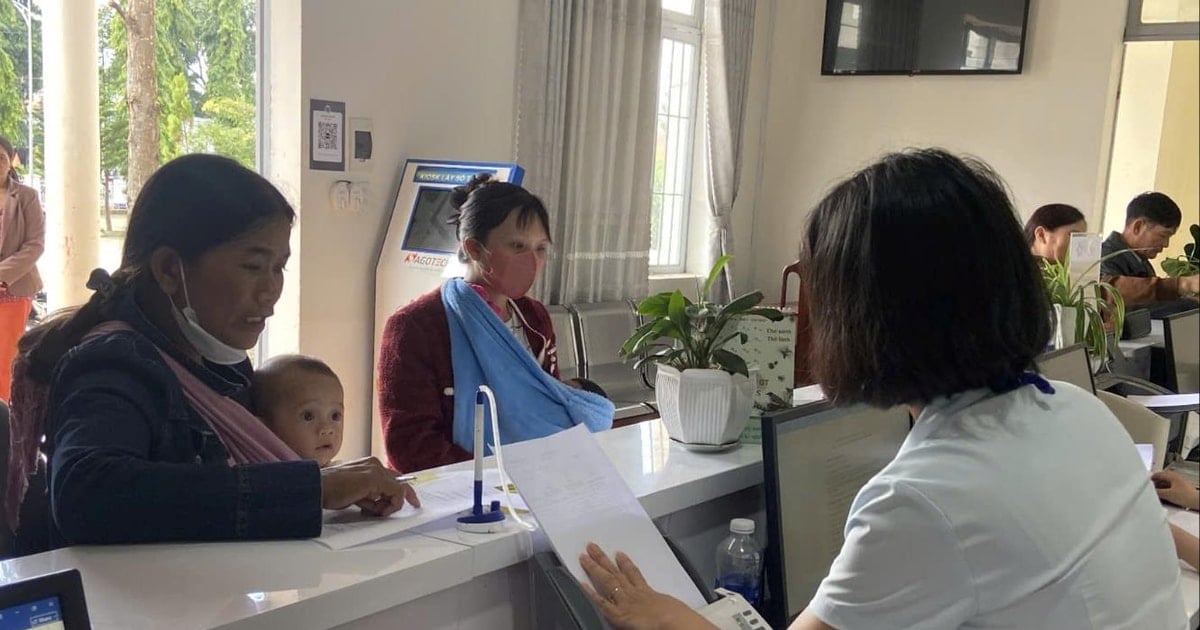
















Comment (0)